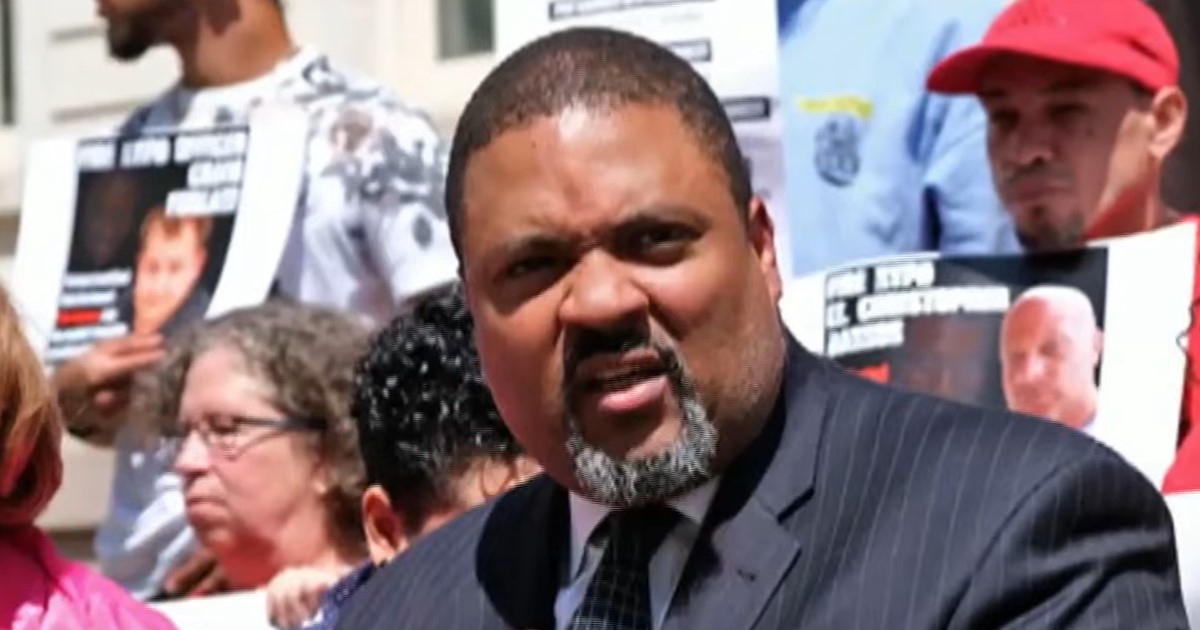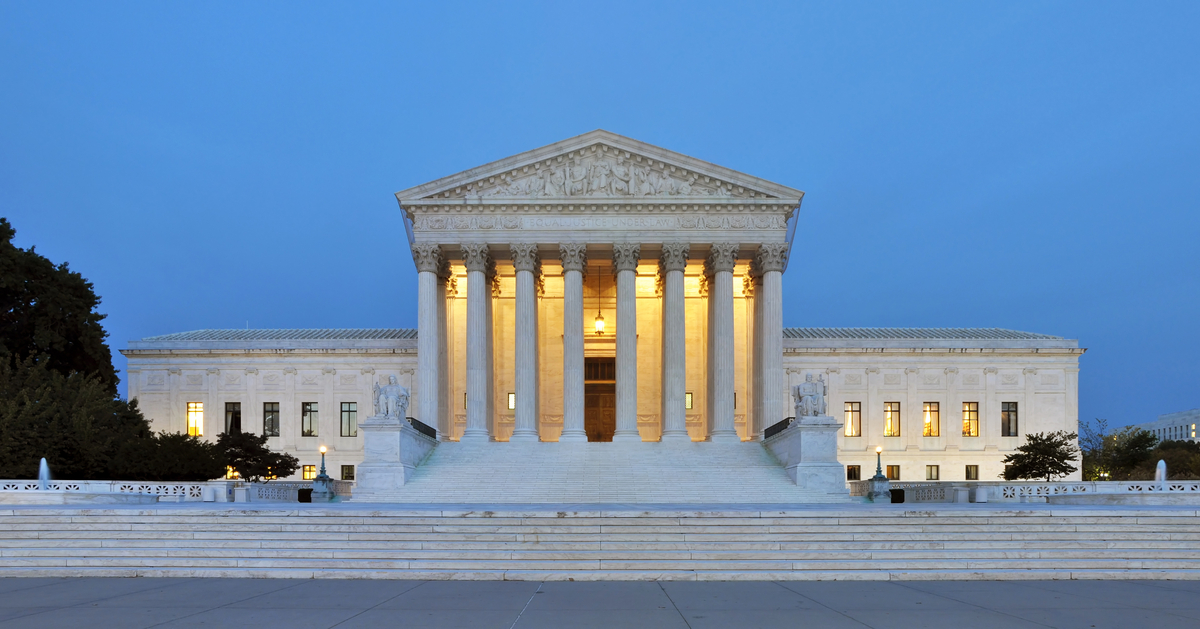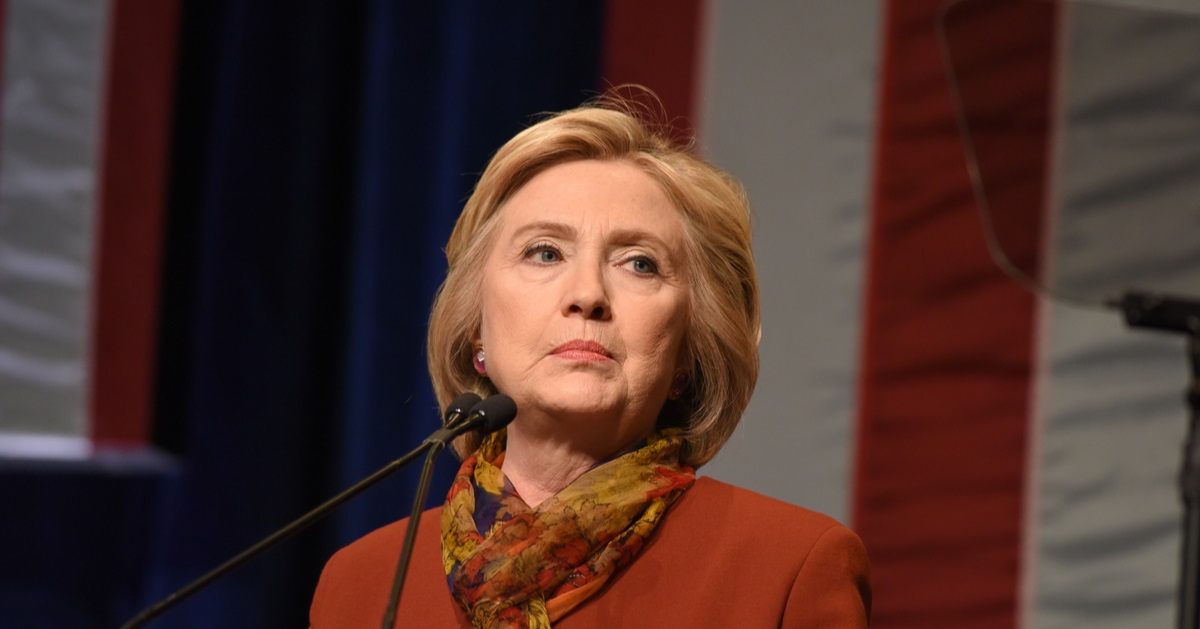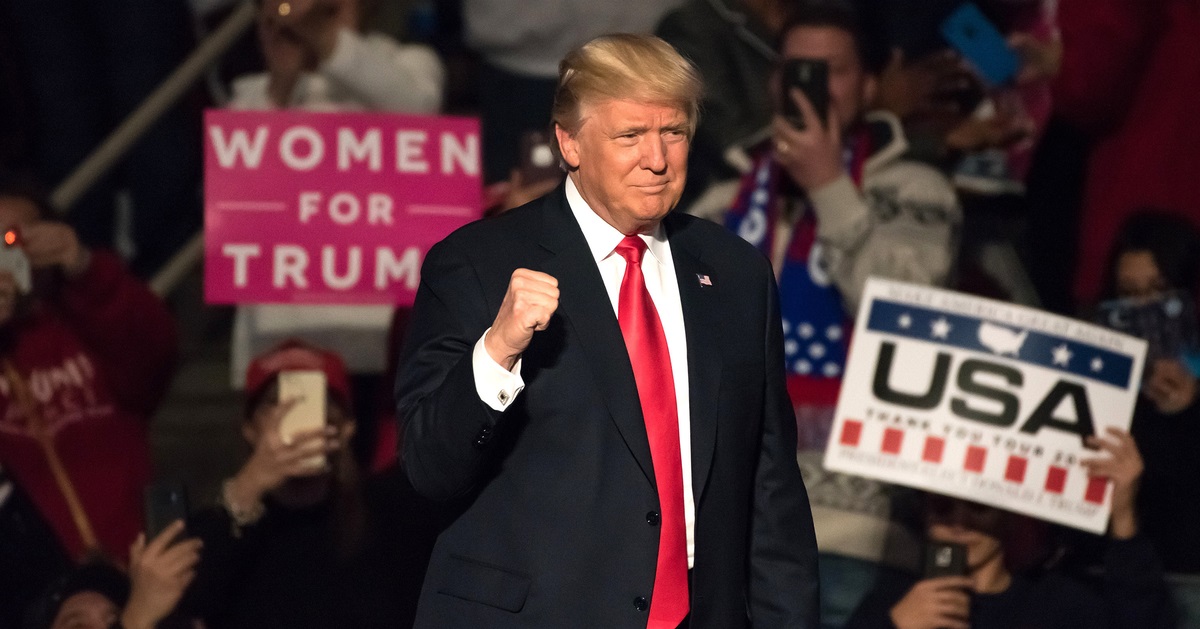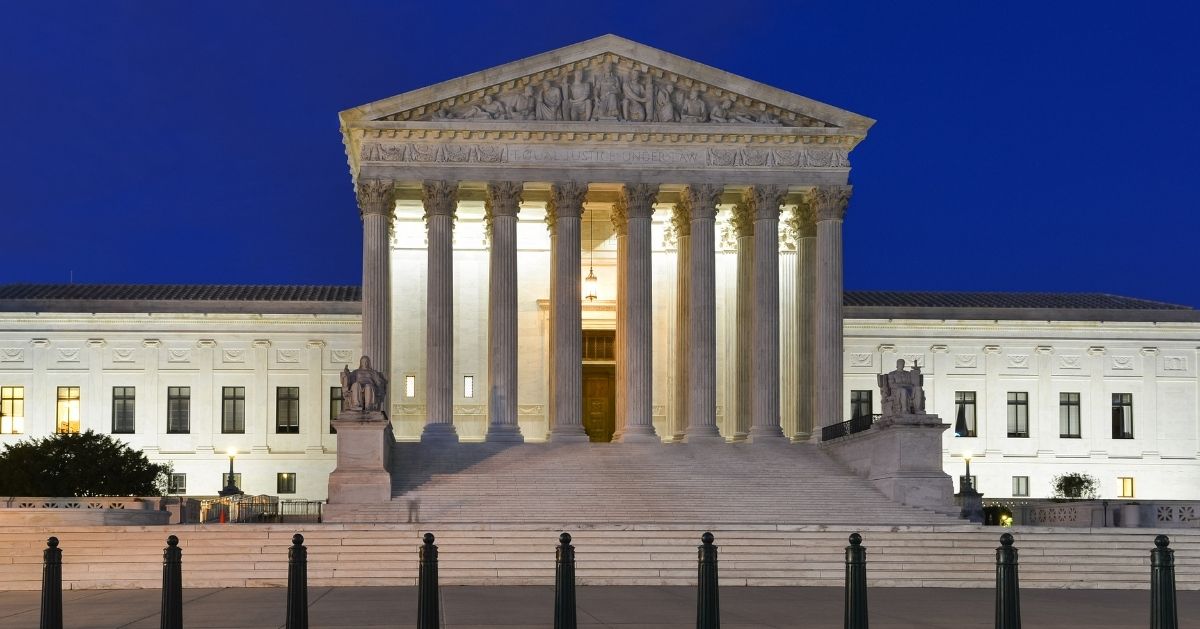SCOTUS grants Biden DHS victory on immigration enforcement policy by rejecting states' challenge for lack of standing
For as much as President Joe Biden and his fellow Democrats and media allies have maligned the Supreme Court, that foremost judicial institution just granted the president's administration a substantial victory.
On Friday, the Supreme Court essentially ruled 8-1 that the states of Texas and Louisiana lacked proper standing to challenge a Department of Homeland Security policy exercising discretion in the enforcement of immigration laws, NBC News reported.
That ruling overturned a Texas district court's decision last year to vacate the DHS policy and effectively allows the Biden administration to once again use its discretion in enforcing which illegal immigrants to arrest and detain and ultimately remove from the country.
The selective enforcement policy of DHS
In September 2021, DHS Sec. Alejandro Mayorkas issued a memo that explained how a lack of resources prohibited the full enforcement of arrest and removal statutes on all of the several millions of illegal migrants in the country, and thus set a new policy prioritizing enforcement against those who posed a national security threat, are particularly "dangerous" criminals, or had just recently entered the country illegally.
Texas and Louisiana sued and argued the DHS' refusal to fully enforce statutory laws caused them financial harm in the form of increased costs, as well as that the policy had not been properly formed or implemented, and the district court agreed, issuing a judgment in favor of the states that vacated the DHS policy that was deemed to be "unlawful" on the merits.
According to SCOTUSblog, the district court's ruling was left untouched by a Fifth Circuit appeals court panel and was subsequently elevated to the Supreme Court, which was asked to address three pertinent questions -- whether the states had standing to sue, whether the statutes in question really required that all noncitizens eligible to be deported must be arrested and removed, and whether the district court had the authority to effectively block the DHS policy nationwide with the order to vacate.
However, the Supreme Court only actually addressed the first of those three questions, as it was determined that Texas and Louisiana lacked the proper Article III standing to bring the suit against the federal government.
The majority, concurrences, and a lone dissent
The majority opinion was written by Justice Brett Kavanaugh and joined by Chief Justice John Roberts along with Justices Sonia Sotomayor, Elena Kagen, and Ketanji Brown Jackson.
"In sum, the States have brought an extraordinarily unusual lawsuit. They want a federal court to order the Executive Branch to alter its arrest policies so as to make more arrests. Federal courts have not traditionally entertained that kind of lawsuit; indeed, the States cite no precedent for a lawsuit like this," Kavanaugh wrote in conclusion. "The States lack Article III standing because this Court’s precedents and the 'historical experience' preclude the States’ 'attempt to litigate this dispute at this time and in this form' ... And because the States lack Article III standing, the District Court did not have jurisdiction. We reverse the judgment of the District Court."
Kavanaugh further warned that intervention in this particular case would open the door to a flood of other lawsuits demanding stricter enforcement of things like "drug laws, gun laws, obstruction of justice laws, or the like," but also seemed to suggest that the states had other options available to them, including a variety of actions that Congress could take and, failing that, relying upon voters to elect politicians who would effect the changes they wanted to see.
Justice Neil Gorsuch, joined by Justices Clarence Thomas and Amy Coney Barrett, authored a separate opinion that concurred with the final judgment that the states lacked standing but argued that it was for different reasons, namely the lack of an appropriate judicial remedy, while Barrett penned her own concurrence with the overall judgment, also joined by Gorsuch, but similarly pointed to different reasons for why she agreed that the states lacked standing.
Justice Samuel Alito was the lone voice in dissent, and he wrote a lengthy opinion of his own explaining why he believed that the states had standing to sue, in that the states had suffered actual harms by the executive branch that could be remedied by the judiciary.
Mayorkas celebrates victory, will reimpose challenged enforcement policy
Following the release of the Supreme Court's decision, DHS Sec. Majorkas issued a statement that simply said, "We applaud the Supreme Court’s ruling."
"DHS looks forward to reinstituting these Guidelines, which had been effectively applied by U.S. Immigration and Customs Enforcement (ICE) officers to focus limited resources and enforcement actions on those who pose a threat to our national security, public safety, and border security," he added. "The Guidelines enable DHS to most effectively accomplish its law enforcement mission with the authorities and resources provided by Congress."


